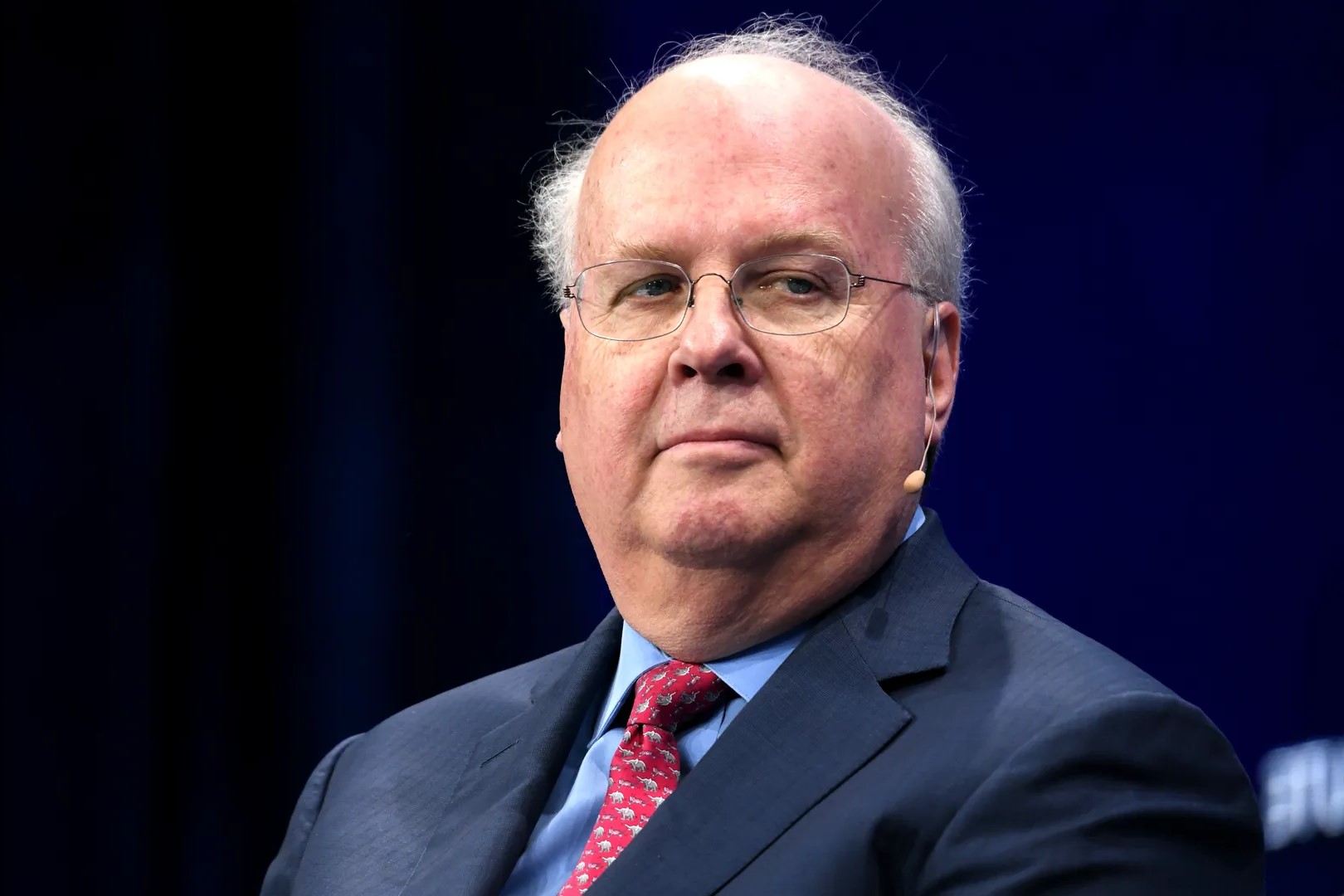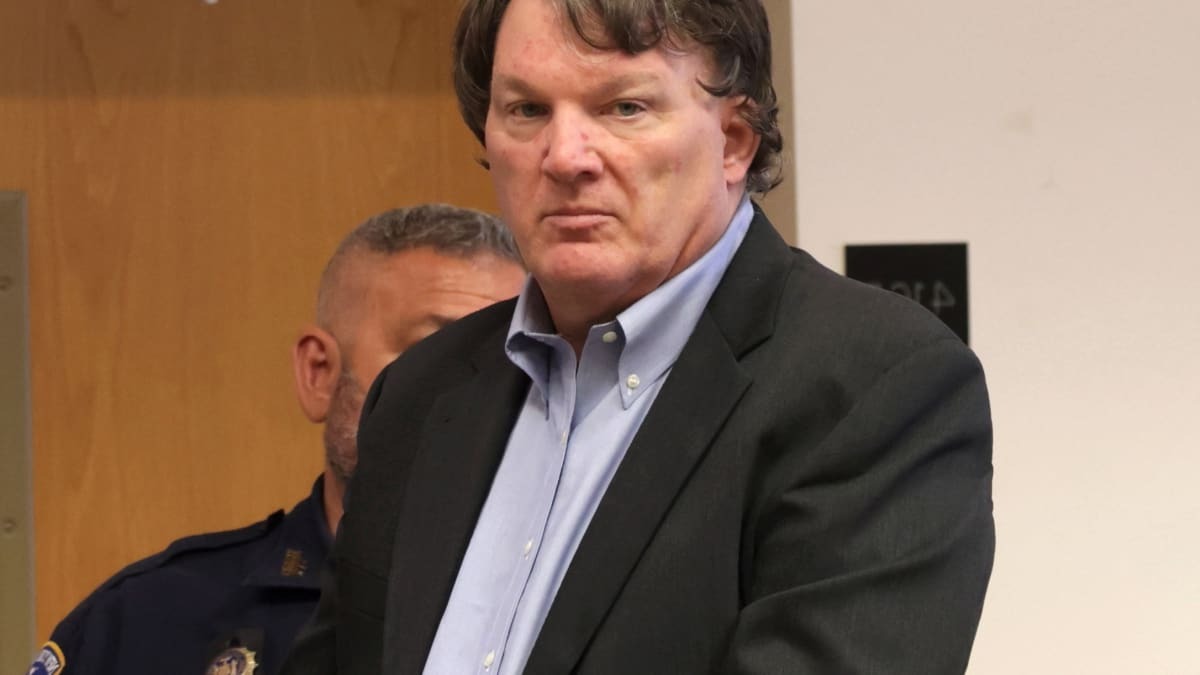
Who is Karl Rove? Karl Rove, born on December 25, 1950, in Denver, Colorado, is a key figure in American politics, best known for his role as the chief strategist behind George W. Bush's presidential campaigns in 2000 and 2004. Often dubbed "Bush's Brain," Rove's influence extends far beyond those elections. He has been a pivotal player in shaping Republican strategies and policies for decades. From his early days pasting campaign stickers for Nixon to his controversial tenure as Deputy Chief of Staff, Rove's career is marked by both significant achievements and scandals. His expertise in micro-targeting and direct mail has left a lasting impact on modern political campaigns.
Key Takeaways:
- Karl Rove's early passion for politics started at a young age, and his strategic brilliance shaped Republican campaigns, making him a significant figure in modern American politics.
- Despite facing controversies, Karl Rove's influence on Republican strategies and campaigns continues, showcasing his complex and multifaceted legacy in American politics.
Early Life and Political Beginnings
Karl Rove's journey in politics began at a young age, influenced by his family's frequent relocations and his early exposure to political campaigns. Here are some key facts about his early life and political beginnings:
-
Birth and Early Life: Karl Christian Rove was born on December 25, 1950, in Denver, Colorado. His father, Louis Rove, was a mineral geologist, which meant the family moved often.
-
Political Affiliation: Rove is a lifelong member of the Republican Party, showing interest in politics from a very young age.
-
Early Political Involvement: At just 10 years old, Rove was already pasting campaign stickers for Richard Nixon on his bicycle during the 1960 presidential election.
-
High School Politics: In high school, Rove was a vocal supporter of Nixon, which once led to him being beaten up by a girl who supported Kennedy.
-
College Years: Rove attended the University of Utah, where he joined the College Republicans and began working on political campaigns.
-
Dirty Tricks Allegations: In 1973, Rove faced allegations of "dirty tricks" during his campaign for chair of the College Republicans. An FBI investigation later cleared him, but the incident marked his career.
-
Mentorship by Lee Atwater: Rove was mentored by Lee Atwater, who later ran George H.W. Bush's presidential campaign. Atwater helped Rove manage his campaign for chair of the College Republicans.
-
Executive Director of College Republicans: In 1971, Rove became the national executive director of the College Republicans, honing his skills in direct mail and campaign management.
Rise in Texas Politics
Rove's career took a significant turn when he became involved in Texas politics, where he played a crucial role in transforming the state's political landscape.
-
Direct Mail Expertise: Rove's ability to condense complex messages into simple, forceful points made him a master of direct mail, a skill that became a cornerstone of his future campaigns.
-
Texas Politics: Rove worked on George W. Bush's unsuccessful congressional campaign in 1978 and Bill Clements' successful gubernatorial campaign the same year.
-
Formation of Consulting Business: In 1981, Rove formed his own consulting business, which included clients like Phil Gramm and Tom Phillips. Gramm was elected to the U.S. Senate in 1984, and Phillips became the first Republican elected to the Texas Supreme Court in 1988.
-
Bush’s Gubernatorial Campaign: In 1994, Rove managed George W. Bush’s successful gubernatorial campaign, helping to transform Texas into a Republican stronghold by 1999.
Architect of Presidential Campaigns
Rove's strategic brilliance came to the forefront during George W. Bush's presidential campaigns, earning him the nickname "Bush’s Brain."
-
2000 Presidential Campaign: Rove was instrumental in Bush’s 2000 presidential campaign, limiting press access to the candidate and focusing on a small number of carefully chosen issues.
-
2004 Presidential Campaign: Rove played a crucial role in Bush’s 2004 reelection campaign, using "micro-targeting" to deliver specific messages to small subsets of voters and ensuring their turnout at polling sites.
-
Senior Adviser in Bush Administration: Following Bush’s election, Rove became a senior adviser in the Bush administration, influencing policy-making decisions and serving as a key strategist.
-
Deputy Chief of Staff: In 2005, Rove was appointed deputy chief of staff, giving him broad influence over national security, economic policies, and other critical areas.
Challenges and Controversies
Rove's career has not been without its challenges and controversies, which have shaped his public image and legacy.
-
Midterm Elections 2006: Rove was tasked with helping the Republican Party retain their congressional majority in the 2006 midterm elections. However, the Democrats gained control of both houses of Congress, marking a significant setback for Rove and the Republicans.
-
Scandals and Criticism: Rove faced increasing criticism for his alleged roles in scandals such as the leak of CIA agent Valerie Plame's identity and the firings of eight federal prosecutors, which some believed were politically motivated.
-
Resignation from White House: In August 2007, Rove resigned from his position as deputy chief of staff amidst growing criticism and controversy.
Post-White House Career
After leaving the White House, Rove continued to influence American politics through various roles and platforms.
-
Post-White House Career: Rove became a columnist for Newsweek and worked as a television commentator. He also co-founded American Crossroads and Crossroads GPS, influential organizations in Republican politics.
-
Memoir Publication: In 2010, Rove published his memoir Courage and Consequence: My Life As a Conservative in the Fight, which defended the Bush administration and addressed various allegations against him.
-
Role in 2010 Elections: Rove was involved in the 2010 midterm elections, helping to shape Republican strategies and campaigns.
-
Influence on Republican Party: Despite his controversies, Rove remains a significant figure in the Republican Party, known for his strategic prowess and ability to mobilize voters.
Personal Life and Legacy
Rove's personal life and legacy are as complex and multifaceted as his political career.
-
Scandinavian-American Hall of Fame: In September 2009, Rove was inducted into the Scandinavian-American Hall of Fame, although the induction was marred by political disputes.
-
Personal Life: Rove is married to Darby Hickson, and they have two children together. He is known for his strong conservative views and his commitment to Republican ideology.
-
Education: Although Rove attended several colleges, including the University of Utah and George Mason University, he did not receive a degree. His focus on politics led him to prioritize campaign work over academic pursuits.
-
Mentorship by George H.W. Bush: Rove received mentorship from George H.W. Bush, who helped him navigate the complexities of political campaigns and provided valuable guidance throughout his career.
-
Relationship with George W. Bush: Rove's relationship with George W. Bush was instrumental in his career. The two men developed a close bond during their early days in politics, with Rove serving as a key strategist in Bush’s campaigns.
-
Bush’s Brain: Rove was often referred to as "Bush’s Brain" due to his significant influence on Bush’s political strategies and decisions. This nickname reflects his role as a principal architect of Bush’s campaigns.
-
Defense of Waterboarding: Rove defended the Bush administration’s use of waterboarding, a form of torture, during interrogations. This stance has been widely criticized by human rights advocates.
-
NAACP Criticism: In 2010, Rove suggested that the NAACP had a moral responsibility to address issues related to voter fraud. This statement was met with criticism from the NAACP and other civil rights organizations.
Continued Influence in Politics
Rove's influence extends beyond his time in the White House, continuing to shape Republican strategies and campaigns.
-
2008 Presidential Election: Although Rove was not directly involved in the 2008 presidential election, his influence on Republican politics continued to shape the party’s strategies and messaging.
-
2012 Presidential Election: Rove advised Mitt Romney’s campaign during the 2012 presidential election, helping to shape Republican strategies.
-
2016 Presidential Election: Rove played a role in the 2016 presidential election, advising Republican candidates and contributing to the party’s overall strategy.
-
2020 Presidential Election: In 2020, Rove served as an adviser to Donald Trump’s reelection campaign. However, Trump’s loss to Joe Biden marked a significant setback for Rove and the Republican Party.
-
Books and Publications: Rove has written several books, including The Triumph of William McKinley: Why the Election of 1896 Still Matters (2015). His memoir Courage and Consequence (2010) provides insights into his career and the Bush administration.
-
Television Commentary: Rove has worked as a television commentator, appearing on various news programs to analyze political events and provide strategic insights.
-
Columnist for Newsweek: After leaving the White House, Rove became a columnist for Newsweek, where he wrote about politics and policy issues.
-
American Crossroads and Crossroads GPS: Rove co-founded American Crossroads and its affiliate Crossroads GPS, organizations that played a significant role in shaping Republican campaigns and strategies.
-
Influence on Campaign Finance: Rove’s work with American Crossroads and Crossroads GPS has been influential in shaping campaign finance laws and practices. These organizations have been at the forefront of using Super PACs to fund political campaigns.
-
Criticism of Campaign Finance Laws: Despite his influence on campaign finance laws, Rove has been criticized for his role in undermining regulations aimed at reducing the influence of money in politics. His work with Super PACs has been particularly contentious.
-
Defense of Bush Administration Policies: Throughout his career, Rove has been a strong defender of the Bush administration’s policies, including those related to national security and economic issues. His memoir Courage and Consequence provides a detailed defense of these policies.
-
Allegations of Smearing Opponents: Rove has faced allegations of smearing political opponents, particularly during the 2004 presidential election. He has consistently denied these claims, arguing that his tactics were necessary to win elections.
-
Role in Leaked CIA Agent Affair: Rove was accused of being involved in the leak of CIA agent Valerie Plame’s identity. Although he was not formally charged, the scandal damaged his reputation and contributed to his eventual resignation from the White House.
-
Firings of Federal Prosecutors: Rove was also accused of being involved in the firings of eight federal prosecutors, which some believed were politically motivated. This scandal further eroded his reputation and contributed to his resignation.
-
Influence on Republican Messaging: Rove has been instrumental in shaping Republican messaging and strategy. His use of micro-targeting and direct mail has been particularly influential in mobilizing voters and delivering specific messages to small subsets of voters.
-
Relationship with Fox News: Rove has appeared frequently on Fox News, providing commentary on political events and analyzing campaign strategies. His relationship with Fox News has been significant, as he has used the platform to promote Republican views and influence public opinion.
-
Scandinavian-American Hall of Fame Induction: Despite the controversy surrounding his induction, Rove remains a member of the Scandinavian-American Hall of Fame. The induction reflects his influence on Scandinavian-American politics and his contributions to the Republican Party.
-
Legacy in American Politics: Karl Rove’s legacy in American politics is complex and multifaceted. He has been both praised for his strategic prowess and criticized for his tactics. However, his influence on Republican campaigns and strategies remains undeniable, making him one of the most significant figures in modern American politics.
-
Continued Influence: Despite the challenges and controversies, Rove continues to be a dominant force in Republican politics, shaping strategies and influencing the party’s direction.
Karl Rove's Lasting Impact
Karl Rove's influence on American politics is undeniable. Known as "Bush’s Brain," he masterminded George W. Bush's presidential campaigns in 2000 and 2004. His knack for micro-targeting and direct mail revolutionized campaign strategies. Despite controversies like the Valerie Plame affair and the firing of federal prosecutors, Rove's strategic brilliance remains respected. Post-White House, he co-founded American Crossroads, shaping Republican campaigns and strategies. His memoir, Courage and Consequence, defends his career and the Bush administration. Rove's legacy is complex, marked by both significant achievements and criticisms. Yet, his impact on Republican politics and campaign strategies is lasting. From early political involvement to his role as a senior adviser, Rove's career showcases his deep commitment to the Republican Party. His story is a testament to the power of strategic thinking in shaping political landscapes.
Frequently Asked Questions
Was this page helpful?
Our commitment to delivering trustworthy and engaging content is at the heart of what we do. Each fact on our site is contributed by real users like you, bringing a wealth of diverse insights and information. To ensure the highest standards of accuracy and reliability, our dedicated editors meticulously review each submission. This process guarantees that the facts we share are not only fascinating but also credible. Trust in our commitment to quality and authenticity as you explore and learn with us.


